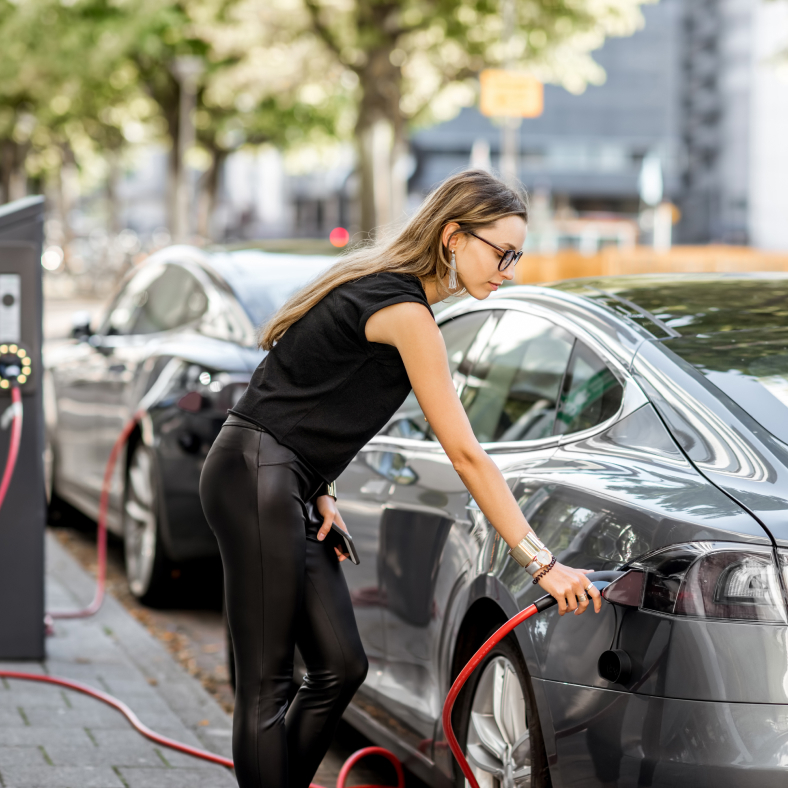The electric vehicles sector has been expanding in recent times due to the demand for sustainable means of transport. A switch to cleaner and greener vehicles provides a much-needed impetus to the electric vehicle segment. From electric cars, bikes to scooters, people are using a lot of different electric vehicles today. Let’s dig a little deeper into what this implies regarding insurance.
Electric car
Does the electric terminal at home have to be insured?
The electrical terminal for charging a car at home is the single most important accessory to an electric car. Without a specific electric car charger, the car can take more than a day to charge. Thus, it is very important to set up an electrical terminal for charging your car. The most important thing in installing these chargers is the security. The charger should be a safe one that does not overload your domestic power grid. Installation should always be checked by a professional. With all these security measures in place, most home insurance will cover your charger but it is not the case for commercial buildings. In both cases, you have to check with your insurance broker.
Rarity of vehicle parts
The components and fuel cells used in electric vehicles like cars are made of rare raw materials. Lithium, which is a major component of lithium-ion battery packs, is found in limited deposits around the world. Apart from this, many rare earth minerals are used in components of electric cars. For example, neodymium is a rare earth mineral used to create EV magnets. With rarity comes difficulties in supply of both cars and critical components. Your car insurance must allow for sufficient limits for temporary courtesy vehicles due to the possible prolonged delays.
Is it possible to request an electric courtesy car in case of an accident or repair of one’s electric vehicle?
First, you will need to check with your broker to add coverage for a courtesy car in case of an accident. Although insurance allows courtesy cars to be the same type of your own car, availability for an electric car can be an issue. Rental fleets and dealers are adding more and more electrical cars as options, but this is far from being the norm.
Electric bike
A growing market: What your insurance contract covers
Some people prefer bikes for the convenience of transport and lightweight frame. The use of electric bikes is thus on the rise. The cost of buying and maintaining an electric bike can be high. This is why you need to check the limits and limitations on your insurance policy. Insurance policies all have specific limitations on coverage for bikes, values, theft, etc. And now, for electric bikes, it’s power! All insurers will restrict the maximum power to avoid insuring electric scooters. Electric scooters will not be covered on home insurance but on automobile insurance.
A global insurance policy for your electric bike covers the possibility of theft, third party, malicious damage, third party liability or accidents, personal accidents, etc. While these are the basic protection clauses offered under an electric bike insurance policy, a policyholder can ask his provider to customize the clauses to include bike accessories, bicycle breakdowns, repairs, and cover for additional users.
Understanding the Road traffic law
Before signing up for an electric bike, you need to be familiar with the terms of riding an electric bike in your province. The traffic laws regarding the use of electric bikes are different in different countries and also vary across states. Thus, before purchasing an electric bike or an electric bike insurance policy, you should know the rules properly. Causing property damage or bodily injuries to third parties may result in suits against you. Although you have insurance to cover you in civil liability, it is always cheaper to be safe!














